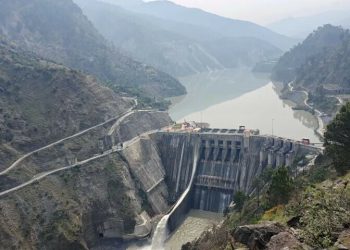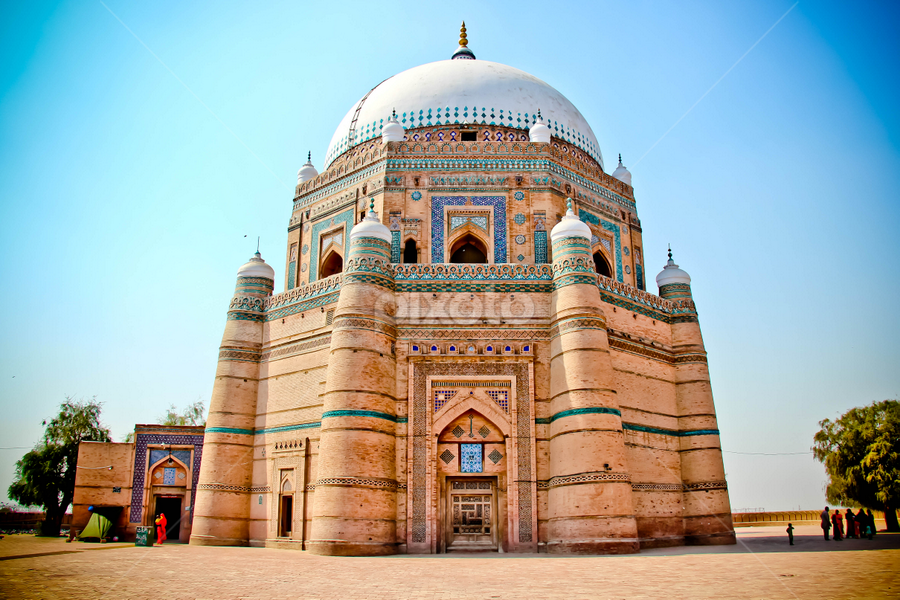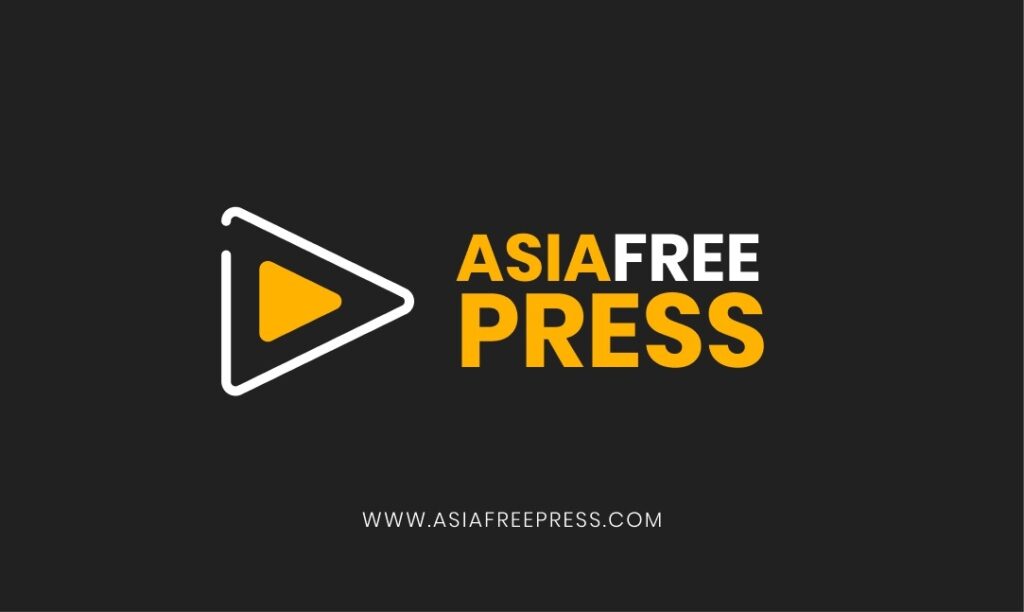“The Boğaziçi University International Law Conference 2025, organized under the theme ‘Justice and Reconstruction in Post-Conflict Societies’ and for which Anadolu Agency is the global communication partner, continues.
The second day of the forum began with a panel titled ‘Constitutions Under Pressure: Post-Conflict Power, Rights and Justice,’ moderated by Boğaziçi University Faculty of Law Assistant Professor İsmail Mutlu.
Speakers on the panel included Boğaziçi University Department of Political Science and International Relations faculty member Prof. Dr. Selver Şahin, Nasır Qadri, an academician from the International Islamic University of Pakistan, and Kennedy Owor, an academician from the University of Pretoria in South Africa.
‘We need a new approach that goes beyond transitional justice’
Prof. Dr. Şahin stated that transitional justice has been based on the liberal peace paradigm since the 1990s, which assumes that when appropriate legal institutions, rules, and norms are implemented, societies can transition from authoritarianism, conflict, and violence to sustainable peace and development.
Şahin said that although a comprehensive transition process was carried out in East Timor, poverty, exclusion, and social inequalities were overlooked, which led to the re-emergence of conflict.
Pointing out that international models often adopt a top-down perspective, Şahin said: “We need a new approach that goes beyond transitional justice. Academics are framing a new concept — transformative justice. We need to follow this. We need to go beyond the current models because they are failing. We need a transformative approach.”
Şahin added: “We need a holistic approach because equality is not injustice — it is inequality that paves the way for violence and structural violence.”
“Kashmir is not a post-conflict region, it is a pre-genocide region”
Nasir Qadri, a scholar from the International Islamic University of Pakistan, said that while the theme of the conference is justice, reconciliation, and reconstruction in post-conflict societies, his study would focus on the Kashmir region, which has caused conflict between India and Pakistan.
“Kashmir is not a post-conflict region, it is a pre-genocide region,” Nasir Qadri said, adding that more than 500,000 Muslims were massacred in the region in 1947.
Stating that this incident was buried in a diplomatic deadlock due to decisions taken by the United Nations Security Council (UNSC) but not implemented, Nasir Qadri criticized the silence of the international community on the issue.
“Justice in Kashmir will not begin with reconstruction but when the international community — the legal community — recognizes the right to self-determination as non-negotiable,” Nasir Qadri said.
Nasir Qadri noted that settler colonialism should be classified as an international crime, adding, “If international law is to have a libertarian future, it must be willing to confront the structures it once built and then begin working to tear them down.”
Africa’s transitional constitutions
In his speech, Owor, an academic from the University of Pretoria in South Africa, discussed the role that transitional constitutions play in justice and reconstruction processes in Africa.
Owor said, “The constitution, as a living document, reminds us of all the pain and oppression the country has experienced and shows us how to move forward to prevent these from happening again.”
Discussing South Sudan in detail, Owor explained that the interim constitution that came into effect after the country gained independence in 2011 is still in use, but that it has structural problems that prevent people from participating in government.
Owor pointed out that interim constitutions were originally designed as short-term arrangements, but in many African countries these texts have remained in force for years.



















